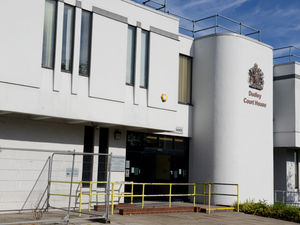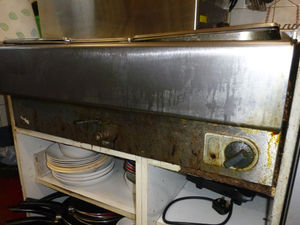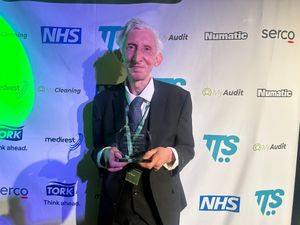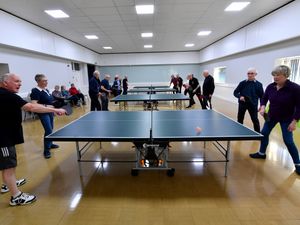Birmingham academic answers call for more nurses
A healthcare expert has taken the brave decision to return to nursing to battle coronavirus and is now working on the front line.
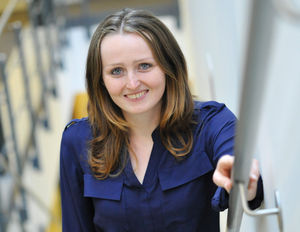
Birmingham-based Dr Charlotte Croft left her job as a nurse in 2013 to enter academia, and now works as an associate professor of human resource management at Warwick Business School.
But due to her experience of working on intensive care units (ICUs), she was asked by NHS England if she would return to hospital to help treat patients as numbers admitted increased with the crisis.
Dr Croft, 34, is now doing up to two shifts per week as a healthcare assistant at Queen Elizabeth Hospital in Birmingham while she re-registers as a nurse.
Shifts may be eight or 13 hours long, including night shifts, and she carries out a range of tasks to assist nurses on different wards across the hospitals, including those where Covid-19 patients are being treated.
At the same time, she is continuing to work full time in her academic post, including teaching lessons for students remotely and working on her own research.
Dr Croft, who lives in Moseley and has a three-year-old son, said: “I had felt quite frustrated that I couldn’t help – that I wasn’t on the front-line. The majority of my friends are still front line nurses.
“When the call came out, I felt it was something I could do. There wasn’t a doubt in my mind that I wanted to go back and help if I could.
“I do have fears for my own safety. I have talked a lot with my husband about this. We have a young child as well. There was an element of trying to weigh up the risk.
“I come from a family of doctors, and it just did not seem right that given I had intensive care experience, I would sit back and do nothing when other people were going to work every day.
“There is a risk, but as a country we have to work together to try and get ourselves out of this situation.”
Dr Croft trained to be a nurse from 2004 and left the profession in 2013.
She said: “My role is to help registered nurses in the care of patients.
“This could be helping patients to wash, dress, helping to feed them and taking bloods, blood pressure and heart rates, making sure the ward is organised and well-stocked, reporting back to the registered nurses if a patient is becoming more unwell.
"I can work on any ward which needs assistance."

